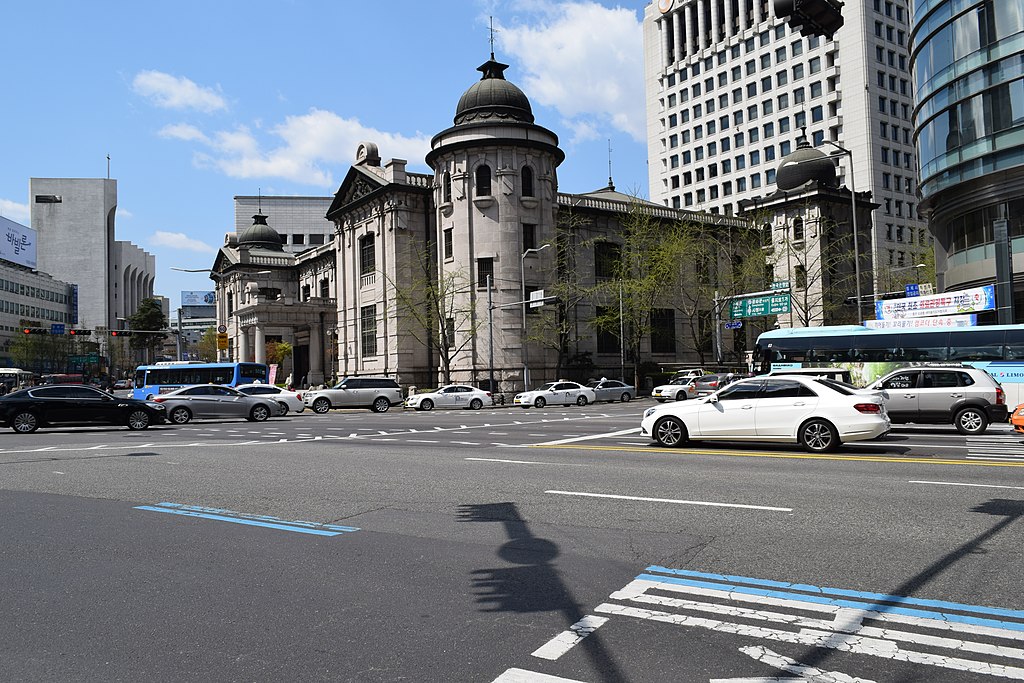The Bank of Korea Shuns Bitcoin Reserves: A Clear Stance or a Missed Opportunity?
In a significant announcement that has resonated through the cryptocurrency landscape, the Bank of Korea (BOK) has decisively stated that it is “not considering” the establishment of a national strategic Bitcoin reserve. This revelation comes after a period of silence regarding the potential for Bitcoin (BTC) to feature in the country’s foreign exchange reserves. The BOK’s stance sheds light on the central bank’s cautious approach to digital assets, as reported by the Dong-A Ilbo.
Breaking Down the BOK’s Position
The official position was articulated on March 16th in response to a written inquiry from Cha Kyu-geun, a member of the National Assembly representing the Rebuilding Korea Party. Cha is also part of the Planning and Finance Committee, which adds weight to his concerns regarding the stability of the virtual asset market.
BOK rules out inclusion of bitcoin in foreign exchange reserves https://t.co/5oHaYp2vom— Yonhap News Agency (@YonhapNews) March 16, 2025
During their response, the BOK emphasized the importance of caution, stating, “We have not discussed or reviewed the inclusion of Bitcoin in our foreign exchange reserves. If the virtual asset market becomes unstable, we are concerned that transaction costs will increase quickly for those trying to convert Bitcoin to fiat.” This reflects a careful assessment of the inherent volatility associated with cryptocurrencies.
Understanding the Implications of the BOK’s Decision
The central bank also articulated that Bitcoin does not currently meet the International Monetary Fund’s (IMF) standards for inclusion in foreign exchange reserves. BOK officials highlighted the necessity for reserves to be readily available for immediate use, pointing out Bitcoin’s unpredictable nature and potential liquidity challenges.

The former headquarters of the Bank of Korea in downtown Seoul, South Korea.
A Broader Perspective: Global Opinions on Bitcoin Reserves
The Bank of Korea’s decision aligns it with sentiments expressed by other major financial institutions. While some politicians from countries like the Czech Republic and Brazil have shown enthusiasm for the idea of national Bitcoin reserves, prominent entities such as the European Central Bank and the Swiss National Bank have voiced their skepticism. The BOK’s stance is a clear indication that it prefers to tread cautiously in the evolving world of digital currency.
🇰🇷 South Korea’s financial regulator is set to introduce crypto investment guidelines for institutions, charities, and public firms by Q3 2025.#SouthKorea #CryptoInvestmentshttps://t.co/lyA9mweAK6— Cryptonews.com (@cryptonews) March 12, 2025
Political Motivations: The Intersection of Crypto and Upcoming Elections
The discourse surrounding the establishment of a strategic Bitcoin reserve has gained momentum recently, especially with the upcoming political elections in South Korea. The Democratic Party (DP) has floated the notion of integrating Bitcoin into the foreign exchange reserve framework, potentially appealing to a younger, tech-savvy electorate. With the prospect of a presidential election looming, political figures are eager to capture the support of millennials and Gen Z voters who are generally more open to cryptocurrency.
The political scene is charged, with the DP and competing parties like the People Power Party making pro-crypto pledges. This could be a strategic move as the electorate prepares to make crucial decisions, especially given that the assembly is currently dominated by the DP, holding 170 seats compared to the Rebuilding Korea Party’s modest 12 seats.
📌 Why This Matters
The BOK’s firm stance against Bitcoin reserves highlights a broader cautionary trend among central banks facing the burgeoning world of digital currencies. As nations grapple with the implications of cryptocurrencies on their financial systems, the BOK’s decision may serve as a template for how other countries navigate the complexities of integrating crypto into traditional finance.
🔥 Expert Opinions: Insights from Financial Analysts
As governments worldwide continue to evaluate the potential of incorporating cryptocurrencies into national reserves, financial analysts suggest that the BOK’s reluctance may be prudent. Some industry experts believe that until cryptocurrencies mature and demonstrate more stability, central banks are right to adopt a wait-and-see approach. “The volatility in the crypto market poses too many risks for a national treasury,” notes one analyst, pointing out that the future effects of a rupee or dollar collapse during a financial crisis could be catastrophic.
🚀 Future Outlook: Potential Impact on Policy and the Market
As cryptocurrencies continue to evolve, the possibility of Bitcoin becoming a more accepted asset class is undeniable. However, the BOK’s position raises important questions about the reliability of digital currencies as a means of stabilization. If other nations follow a similar path, we may see slower institutional adoption of cryptocurrencies worldwide.
Conclusion: A Call for Discussion
The Bank of Korea’s firm stance against Bitcoin reserves raises critical considerations for both policymakers and investors in the cryptocurrency space. As debates continue to unfold, it invites us to ponder: How do we find a balance between innovation and regulation? What are the implications for future investments in digital assets? Join the conversation in the comments below, and share your thoughts on the future of Bitcoin in national reserves.

